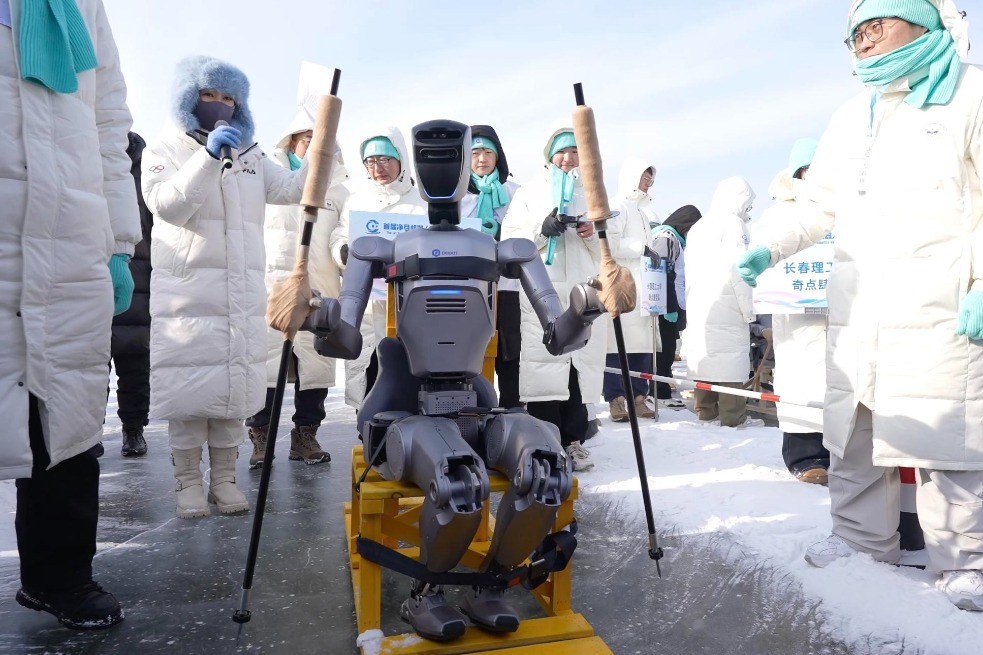Health workers first in line for antibody tests in Britain

Workers in Britain's National Health Service, or NHS, and the care sector will be given priority when novel coronavirus antibody tests become available, it has been announced, after the government reached an agreement with pharmaceutical company Roche.
The tests, which show if someone has had COVID-19, will be made "free for people who need them" with health and care workers being first in line. However, NHS England's National Medical Director Stephen Powis said the test does not necessarily show if someone who has antibodies has developed immunity.
At a media conference on Thursday, British Health Secretary Matt Hancock said 10 million tests will be made available, for free on the NHS, over the coming months.
"Real progress" is being made, he added, with more than 3 million novel coronavirus tests having also been carried out, and he said the country is "in a position" to start moving to Level 3 of its five-level warning system.
It has also been announced that the fee required for foreign health and social care workers to use NHS services will be scrapped.
A further 338 COVID-19 patients died in Britain over the latest 24-hour period, bringing the total coronavirus-related death toll in the country to 36,042, the Department of Health and Social Care said on Thursday.
Across Europe, the novel coronavirus had infected 1,755,620 people and claimed 165,578 lives as of Thursday, according to the European Centre for Disease Prevention and Control.
In Russia, a C-17 military transport aircraft from the United States, with an initial shipment of 50 US-made ventilators, landed in Moscow on Thursday. A second shipment with a further 150 ventilators will be delivered to Russia next week, Russian Foreign Ministry spokeswomen Maria Zakharova said.
Russia's coronavirus crisis response center on Friday reported 8,894 new coronavirus cases, bringing the total number of infections to 326,448. Its death toll stood at 3,249.
Russian state media agency Tass reported on Thursday that the head of Russia's Chechen Republic, Ramzan Kadyrov, has been sent to Moscow suspected of having contracted the coronavirus.
Russian experts fear a second wave of COVID-19 infections could begin in late summer, or later, in Russia.
"If we begin a blanket immunization somewhere around September or October-that is, before the next incidence wave begins, then we will be able to break this wave," said Alexander Ginzburg, director of the Health Ministry's Gamalei National Research Center for Epidemiology and Microbiology.
In Italy, Prime Minister Giuseppe Conte outlined the government's strategy for Phase Two, indicating a post-lockdown stage of its coronavirus response, in a report to the lower house of parliament. "We realize the challenge that lies ahead is even more difficult than and just as dangerous as the one we faced at the beginning of the emergency," he said.
A further 156 COVID-19 patients had died in the past 24 hours, bringing Italy's death toll to 32,486, according to fresh figures on Thursday.
Chen Yingqun in Beijing, Xinhua and agencies contributed to this story.
Today's Top News
- PBOC cuts rates on targeted monetary tools
- Legal tools essential for AI regulation
- China calls for dialogue on Iran situation
- Denmark rebuts Trump's Greenland security claims
- China, Canada vow to enhance bilateral ties
- Xi's speech at Central Urban Work Conference to be published






























